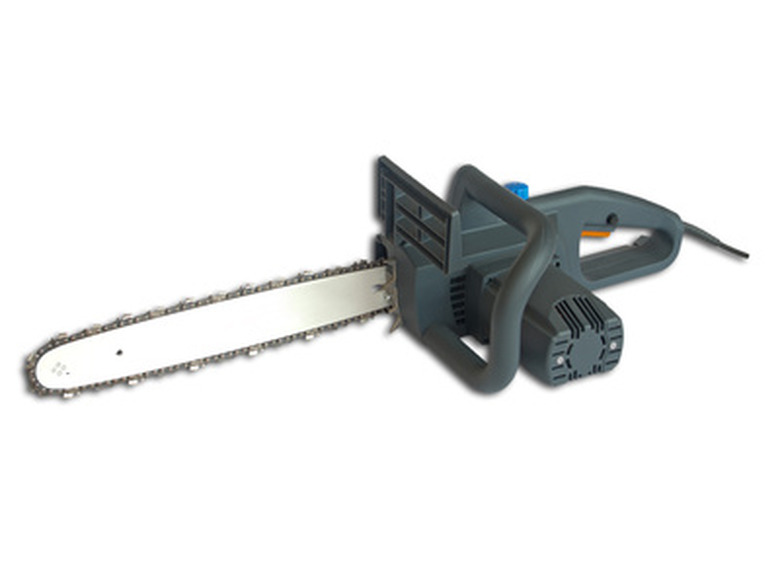How To Check Small Engine Compression
Things Needed
-
Screwdriver
-
Socket wrench
-
Compression gauge
Tip
Pounds per square inch listed here should only be used as a reference. Refer to your owner's manual for your small engine's proper compression. Some small engines may require as much as 150 or as little as 80 PSI.
Small engines require a certain amount of compression to drive the piston and turn the crankcase. Most small engines require at least 90 pounds per square inch (PSI) of compression when hot, and 100 PSI when cold. If air is leaking somewhere in the engine, you will notice a drop in compression. Symptoms of a compression problem can include hard starting, erratic idling, loss of power under load and hard starting when the engine is hot. The only efficient and accurate way to test for compression is with a compression gauge, which resembles a tire gauge.
Step 1
Unscrew and remove the cylinder cover with the screwdriver, if it's present on your small engine, to gain access to the spark plug.
Step 2
Slip the flat-bladed tip of the screwdriver underneath the edge of the rubber boot. Gently wiggle the rubber boot off of the spark plug.
Step 3
Place the socket wrench over the spark plug. Loosen the spark plug with the wrench and pull it from the engine. Set the choke to its off, or closed, position.
Step 4
Crank on the starter cord three to four times to purge any fuel remaining in the cylinder or crankcase.
Step 5
Insert the hose of the compression gauge into the empty spark plug hole. Pull on the starter cord 10 to 15 times, or until the compression gauge needle hits its maximum level. Compression should reach at least 90 PSI if it's hot, and at least 100 PSI if it's cold.
